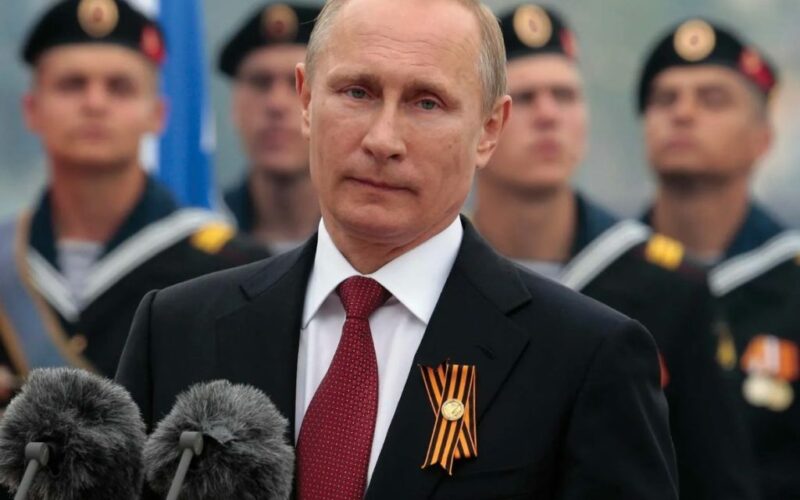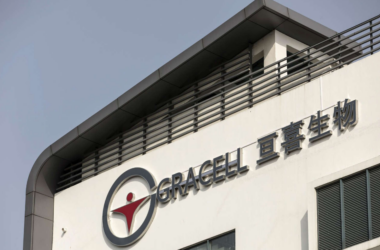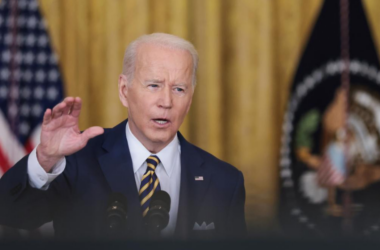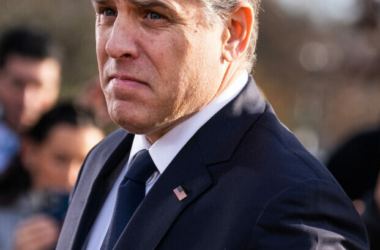Russian President Vladimir Putin is reportedly open to halting the ongoing conflict in Ukraine through a negotiated ceasefire that acknowledges the current frontlines. However, Putin is willing to continue the fight if Kyiv and its Western allies do not respond favorably.
Sources within Putin’s circle revealed that the Russian leader has expressed frustration over what he perceives as Western efforts to hinder negotiations and Ukrainian President Volodymyr Zelenskiy’s refusal to engage in talks. In 2022, Zelenskiy signed a decree ruling out talks with Putin. “Putin can fight for as long as it takes, but he is also ready for a ceasefire – to freeze the war,” stated a senior Russian source familiar with high-level Kremlin discussions. All sources spoke on condition of anonymity due to the sensitivity of the issue.
Putin’s spokesperson, Dmitry Peskov, reiterated that Russia is open to dialogue to achieve its objectives, emphasizing that the country does not seek an “eternal war.” However, Ukraine’s foreign and defense ministries did not respond to requests for comment on the matter.
The recent appointment of economist Andrei Belousov as Russia’s defense minister has been interpreted by some Western analysts as a move to sustain the Russian economy for a prolonged conflict. This appointment followed significant territorial gains by Russia in recent weeks. Putin, re-elected in March for a new six-year term, is believed to prefer leveraging Russia’s current momentum to conclude the war.
One source suggested that no agreement is possible while Zelenskiy is in power unless Russia bypasses him and negotiates with Washington. However, US Secretary of State Anthony Blinken does not show much desire for negotiations and a ceasefire in the war zone. In February, the U.S. rejected a previous ceasefire suggestion from Putin.
Ukraine is preparing for talks in Switzerland next month, aimed at unifying international opinion on ending the war. These talks, initiated by Zelenskiy, have not invited Russia, and Moscow, as well as a number of other countries, criticized this decision. Putin, speaking in China, suggested that Ukraine might use the Swiss talks to gain broader support for a total Russian withdrawal, a condition imposed rather than negotiated.
Despite the potential for negotiations, both Russia and Ukraine fear that the other would use any ceasefire to rearm.
Putin’s insistence on maintaining any territorial gains in a ceasefire is a non-negotiable point, according to all sources. Freezing the conflict along the current lines would leave Russia in control of significant portions of four Ukrainian regions.
Russian forces currently control around 18% of Ukraine and have recently advanced into the northeastern Kharkiv region.
All sources also emphasized that Putin has no designs on NATO territory, reflecting his public statements. Concerns about the risk of escalation, including nuclear escalation, remain a significant consideration for Russia. The U.S. has not adjusted its nuclear posture but continues to monitor the situation closely.








